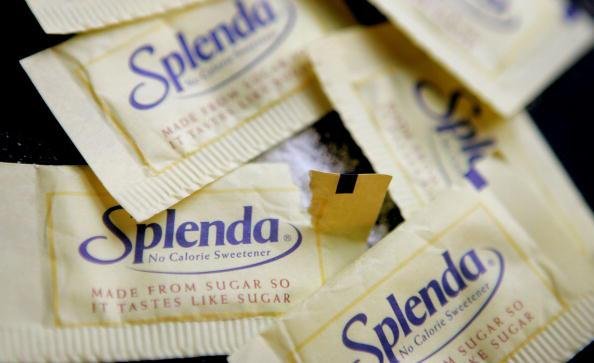Recently, the World Health Organization (WHO) has published contraindications for the use of artificial sweeteners to lose weight or avoid prediabetes. Now, a new study shows that Consumption of artificial sweeteners can damage human DNA and possibly contribute to the development of cancer and other diseases.
In a study published in the scientific journal of Toxicology and Environmental Health, researchers at North Carolina State University in the United States found that a chemical in sucralose can be harmful to DNA. The sweetener tested was the Splenda brand, which can sweeten up to 600 times more than sugar and is used in different products such as bread, soft drinks, chewing gum, jellies and frozen dairy desserts.
The scientists looked specifically at sucralose-6-acetate, a fat-soluble compound produced during the body’s breakdown of sucralose. After a series of experiments with human blood cells, they realized that sucralose-6-acetate has genotoxicity and can damage our DNA..
“This study raises a number of concerns about the potential health effects associated with sucralose and its metabolites. With increasing evidence that it carries significant risks, it is time to reconsider the safety and regulatory status of sucralose. At the very least, I encourage people to stay away from products containing sucralose. It’s something you shouldn’t eat,” said Susan Schiffman, one of the study’s authors.
Sweetener and human DNA
After analyzing the data, the researchers found that “sucralose-6-acetate is genotoxic and effectively breaks DNA in cells exposed to the substance.” The chemical product of this reaction is clastogenic, i.e. It can break DNA chains and lead to the development of cancer — in this case, the tests were performed on human intestinal tissues.
The study suggests that intestinal cells exposed to sucralose-6-acetate also have an increase in association with genes responsible for oxidative stress, inflammation and carcinogenicity.
Oxidative stress occurs when there is a high amount of unstable molecules such as free radicals and antioxidants in the body. This reaction can damage fatty tissue, DNA, and proteins, so sucralose users may develop conditions such as diabetes, hardening of the blood vessels (atherosclerosis), high blood pressure, and heart disease in addition to cancer.
Inflammation can lead to the development of cardiovascular disease, asthma, depression, among other conditions. Carcinogenicity is the ability of a chemical to cause cancer.
Recently, the National Health Surveillance Agency (Anvisa) announced that it would evaluate WHO’s new guidance on sugar-free sweeteners, but did not expand on the subject.
“It is important to underline that the use of sweeteners in Brazil must be authorized by the agency that conducts the safety assessments of these products. Food Additives of the United Nations Food and Agriculture Organization (FAO) and WHO,” Anvisa said in a statement.
Source: Tec Mundo
I’m Blaine Morgan, an experienced journalist and writer with over 8 years of experience in the tech industry. My expertise lies in writing about technology news and trends, covering everything from cutting-edge gadgets to emerging software developments. I’ve written for several leading publications including Gadget Onus where I am an author.










